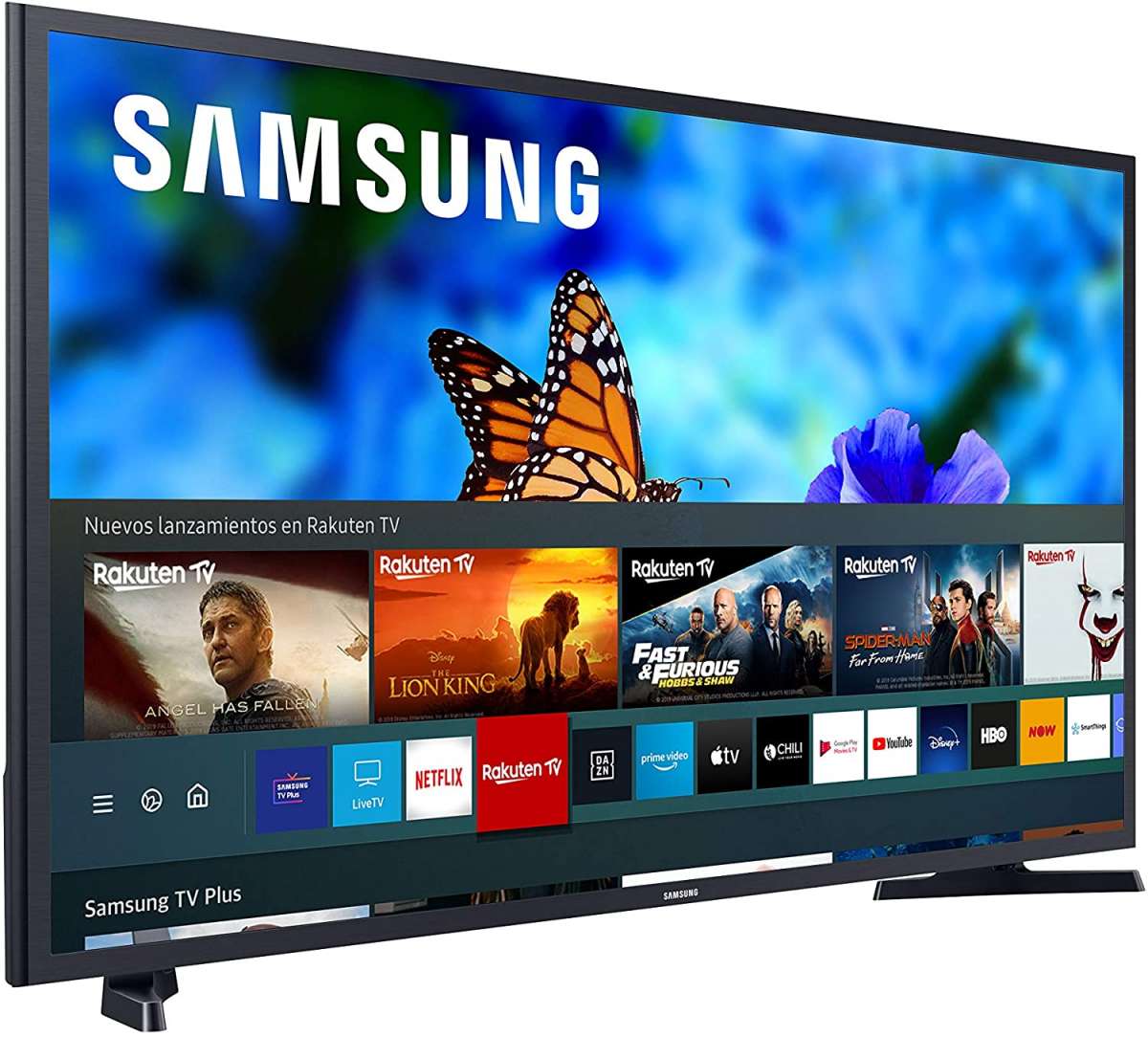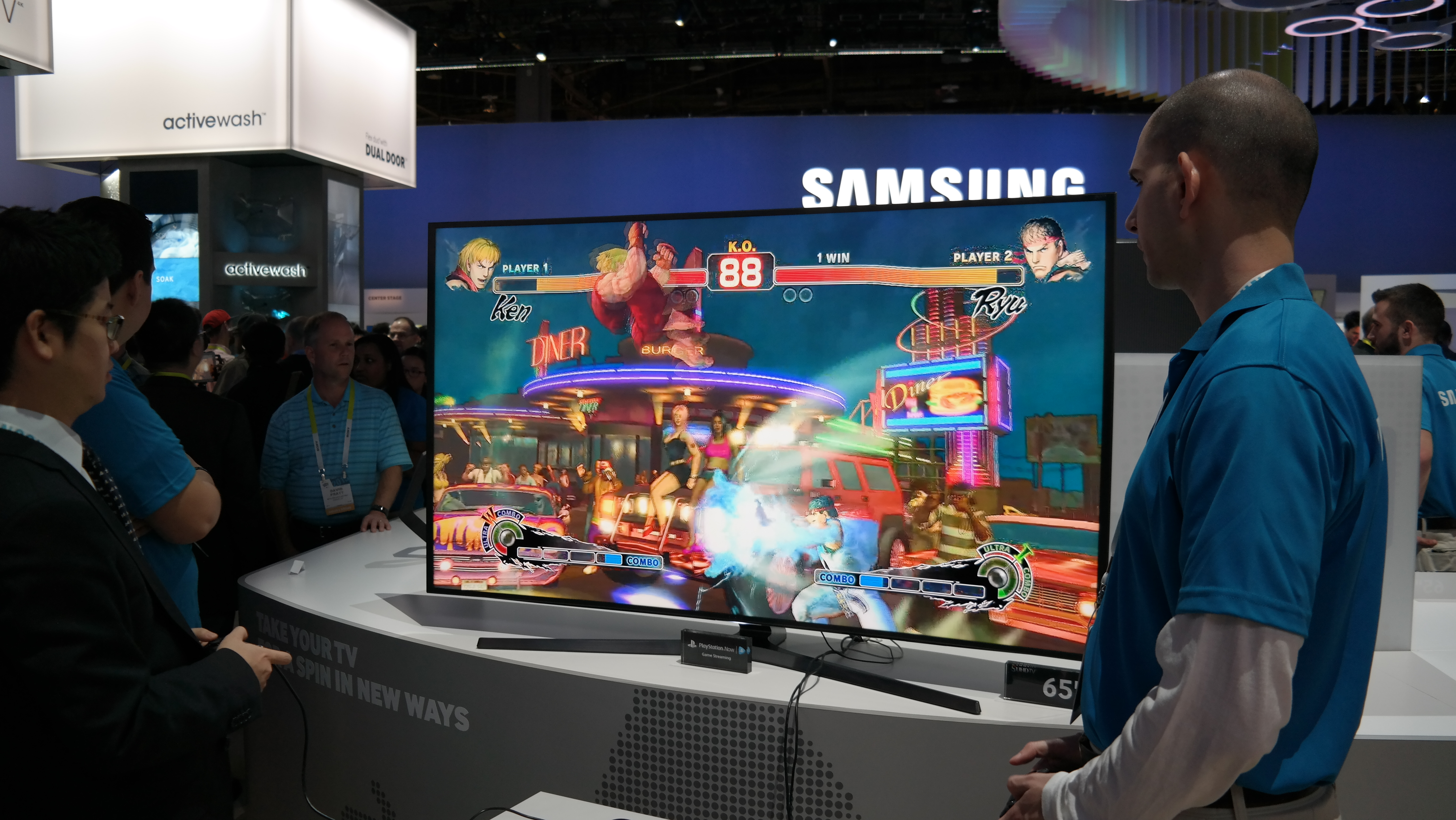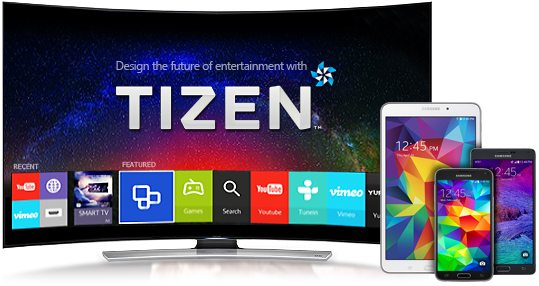
Coupled with that rotating bezel which formed part of its controls, made for a great experience. That rotating bezel wasn't present on its more recent Watch Active range, however. The mix of great customisable watch faces, health tracking tools and useful built-in apps made them compelling devices. The platform - despite a lack of apps - was regarded as one of the best user interfaces on a wearable device. While it's safe to say that the first wave of fitness bands and smartwatches weren't the greatest, they were pretty popular, despite being compatible with just Samsung phones. Without being Google Play certified, smartphones don't get access to a lot of Google services, and that can mean core elements not working and - critically - means no access to the Play Store and its bounty of apps and games.Īs for wearables, from the beginning of its smartwatch efforts, Samsung has used Tizen. However, with the lack of officially supported apps, that was always going to be an uphill struggle. Perhaps even seen as a back-up plan just in case it decided to move away from Android.

The latter of which launched only a few years ago in June 2017, with the first Samsung Z being released in 2014.īack when the phones were something of a talking point, Tizen was seen as an alternative to its full Android-based devices. In fact, it released five versions of the Samsung Z-series: Z, Z1, Z2, Z3 and Z4. While not as widespread as its use of Bada before it, Samsung did launch a handful of smartphones running the Tizen software. It's built on Linux base framework, like so many of today's various operating systems, and it's so flexible it can be used on smartphones, smartwatches/wearables, in-car infotainment systems and TVs, among other devices with screens (even fridge-freezers). Although it's pretty much only Samsung who develops anything consumer facing from it. It's open source too, so developers are free to use it, build on it, and develop use cases for it. That's to say, it's a core OS that has different versions, depending on what device it's on. The simplest answer would be to say that it's a custom operating system developed by Samsung. Look at Tizen's own "about" page and you'll discover Tizen is in fact a multi-faceted operating system. Tizen OS has been around for some time, and not just on watches and fitness trackers. It's mostly regarded as the operating system that Samsung has built its wearable devices on in the past, but that only tells part of the story.

Pocket-Lint Recommendation: Nintendo Switchįor the tech fans, Tizen is a known entity.Pocket-Lint Recommendations: Xbox Console.

Pocket-Lint Recommendation: Google Nest.Pocket-Lint Recommendation: Amazon Echo Devices.Pocket-Lint Recommendations: Fire TV Stick.


 0 kommentar(er)
0 kommentar(er)
